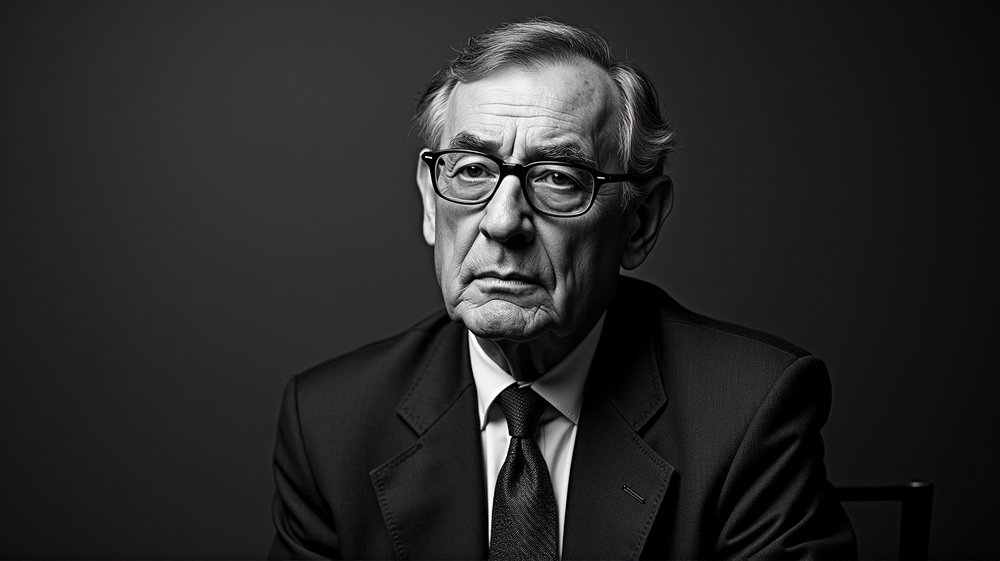Ion Iliescu, a towering figure who shaped the political landscape of Romania, breathed his last at the age of 95. His death, due to lung cancer, marks the end of an era deeply intertwined with Romania’s transition from communism to democracy.
A Visionary Leader
Iliescu was much more than a mere politician; he was a catalyst for change during a time when Romania needed it the most. As the first democratically elected President of Romania, his contributions were pivotal. His tenure witnessed the seeds of democracy being sown amidst the ashes of a repressive regime. Under his leadership, Romania began its journey towards integration with NATO and the European Union, laying the groundwork for its future prosperity.
A Life Marred by Controversy
Yet, Iliescu’s legacy is not without blemishes. Accusations of corruption and crimes against humanity cast long shadows over his achievements. His involvement in the violent revolution of 1989 and the Mineraid protests of 1990 are reminders of the complexities of leadership during tumultuous times. Many hold varied opinions, with some viewing him as a hero, while others see him as a controversial figure.
Tributes From Across the Nation
As Romania mourns, tributes pour in from across the nation. President Nicusor Dan, in a reflective statement, emphasized the need to address unresolved issues from Iliescu’s era to fully comprehend his impact. Former Prime Minister Marcel Ciolacu heralded Iliescu as an emblematic leader of social democracy. Meanwhile, Sorin Grindeanu, the current leader of the Social Democratic Party, acknowledged Iliescu’s empathy and dedication towards those in need.
An Ambiguous Legacy
The narrative of Ion Iliescu is filled with both illuminating triumphs and dark shadows. Navigating Romania through a transformative period, he was instrumental in shaping the country’s democratic institutions. However, his legacy remains mired in controversy, echoing eternal debates about the costs and intricacies of political change.
According to Morocco World News, the debate about his legacy reflects the broader challenges and complexities of Romania’s post-communist transformation. Ion Iliescu’s story compels us to revisit history, question leadership, and reflect on the intricacies of power and empathy.
Iliescu’s passing prompts reflection not only on his life’s journey but also on the evolving narrative of Romania itself. His legacy, like all legacies, will be judged by time and the generations that follow.












